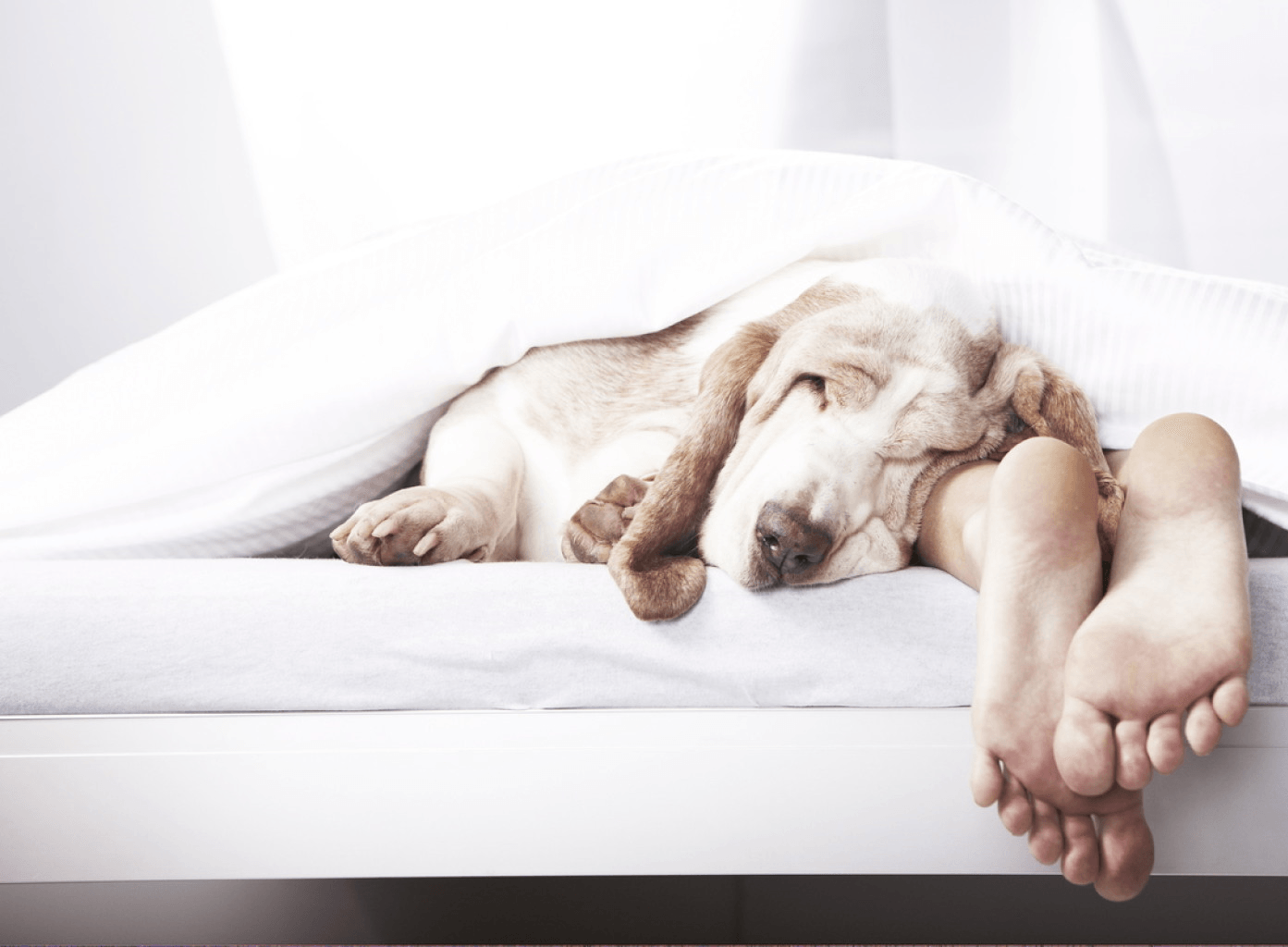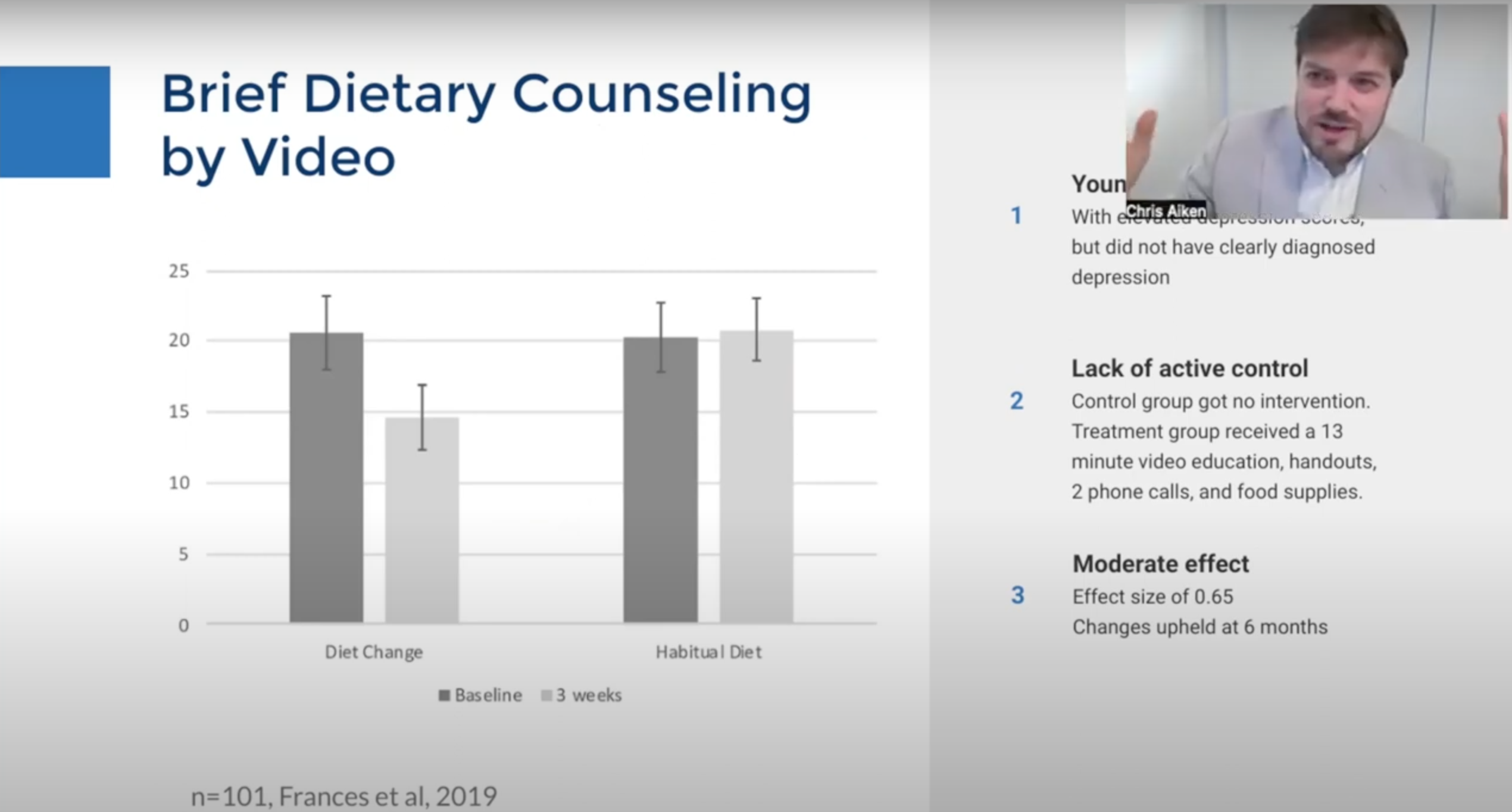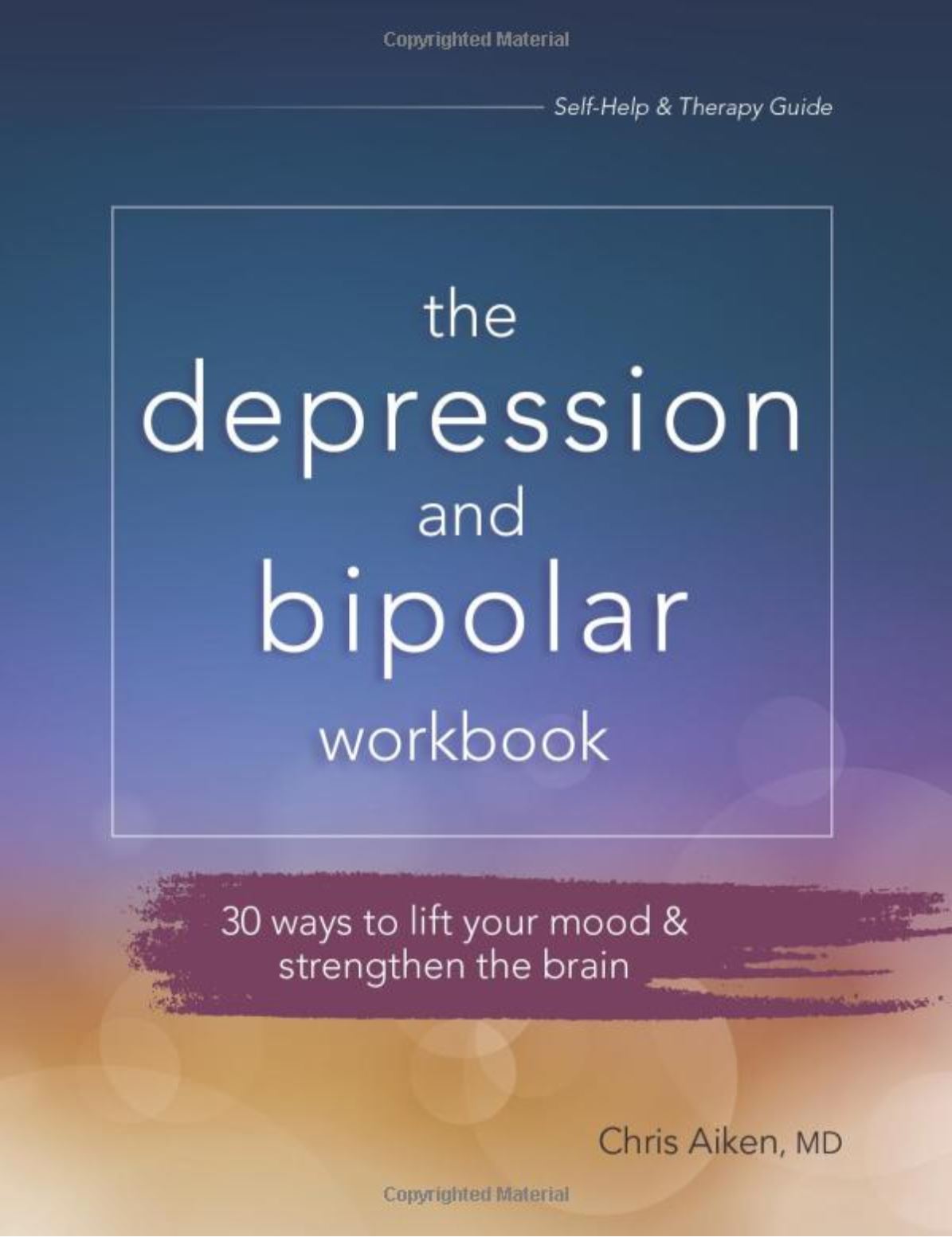
Depression & Bipolar Workbook
Medications don’t work on their own. The steps below help antidepressants work better because they change the body in ways that medications do not. They reduce inflammation, set the biological clock, and stabilize stress hormones. Learn more in The Depression and Bipolar Workbook (PESI, 2020)

The Antidepressant Diet
This Mediterranean-style diet emphasizes fruits, vegetables, nuts, fish, and olive oil. No foods are outlawed and calories are not restricted, but weight loss can be a side effect. It worked as well as medication in a series of clinical trials. It also sharpens memory and prevents a host of medical problems.

Good for the Body,
Good for the Brain
The National Alliance on Mental Illness(NAMI) now recognizes that mental and physical health are actually not separate states of being. Research shows that what we eat can affect our brain’s wellbeing, just as it has effects on our other internal organs. In this video, Dr. Chris Aiken explains this concept further.
Omega-3 Fatty Acids
These are the healthy oils that coat brain cells. They are good for just about every psychiatric problem we know of, from mood to memory to irritability. Medically speaking, the help the skin, heart, liver, and eye. The trick is to get a product with the right ingredients, and we’ve keep a list of of them on our products page under Vitamins & Herbs.
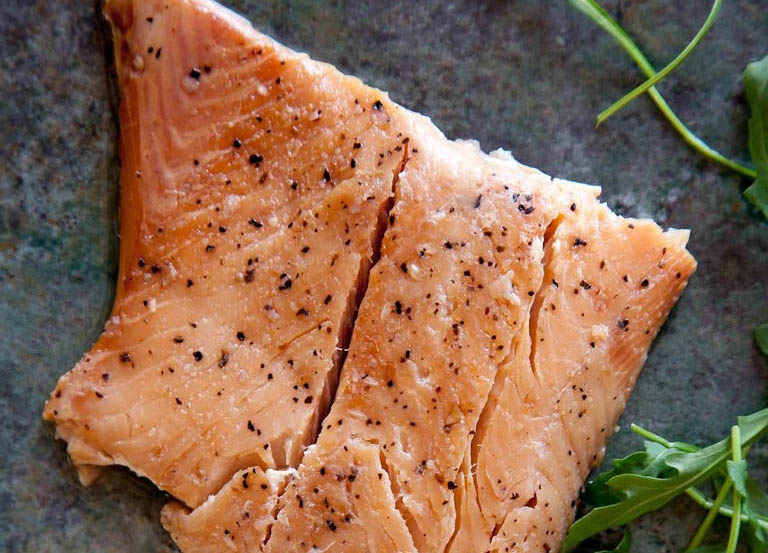

Probiotics
These are the healthy bacteria that coat the gut. They improve anxiety, depression, and memory through the mind-gut connection.
Brisk Awakening
Rising out of bed at the same time each day improves depression by setting the body’s internal clock. That clock is run by neurohormones, and those get misaligned during depression. Trouble waking up? Try the next step for help with that.
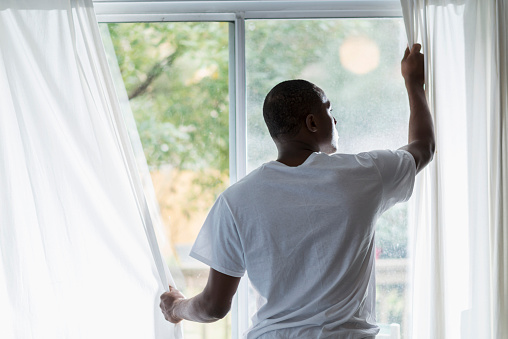
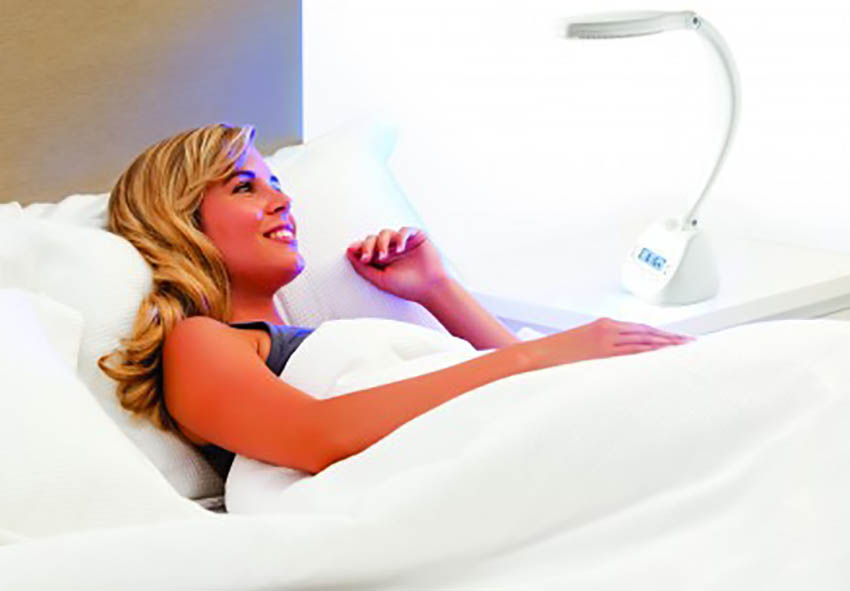
Dawn Simulator
Dawn simulators create a sunrise in your room, gradually lifting the brain from deep sleep to full awakening. The result is better energy and less depression.
LIGHT THERAPY
Light therapy is among the best-studied natural treatments for depression. It’s well known to improve winter depression, but new research shows it treats depression in the summertime as well. Other uses include post-traumatic stress disorder, ADHD, binge eating, and sexual dysfunction. There are many steps to light therapy that have to be done well for it to work well, including purchasing the right type of lightbox (most boxes on the market are not designed correctly). Light therapy can worsen mood if it is used too late in the day.
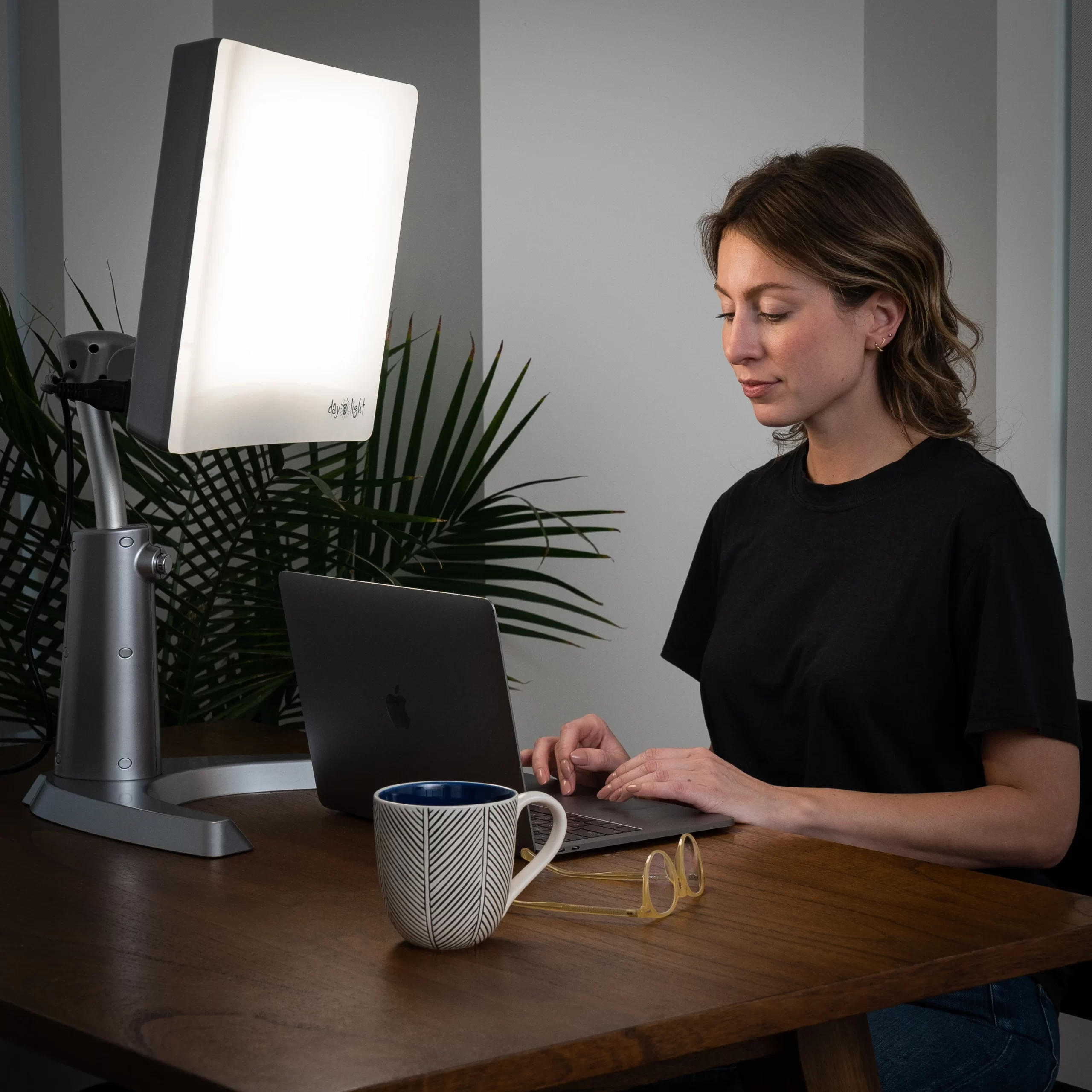
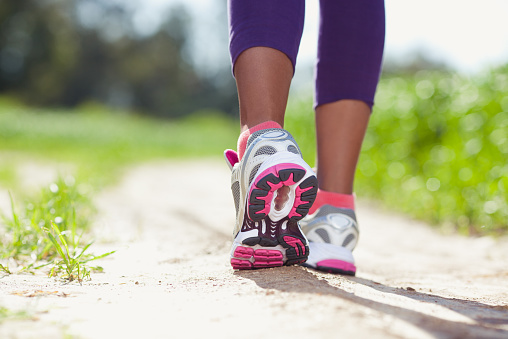
Brisk Walking
You don’t need to exercise intensively to treat depression. Brisk walking, slower than a jog but faster than a walk, will do. It boosts memory and works as well as an antidepressant. Stuck indoors? Try Happy Walk or Walk at Home videos.
Back to Nature
Too tired for brisk walking? Try a stroll in the forest. A 90 minute walk in the woods reduces depressive rumination and improves concentration. It also calms an area of the brain involved in anxious worry, the default mode network. Walking near lakes, rivers, and oceans, or with a pet, has a similar effect.

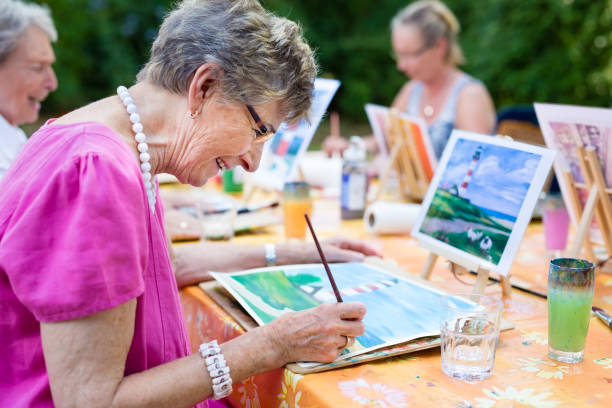
Absorbing activity
Absorbing activity – the type that gets you out of your head – is a powerful antidepressant. Sports, board games, puzzles, conversation, a good book or movie, cooking, knitting, art, music, dance, spiritual activity, walking, volunteering, gardening, researching, and engaging projects.
Is there an app for that?
Yes. Apps can treat depression, if they’re well-designed and you use them regularly. We keep a list of the ones that have been successful in research.
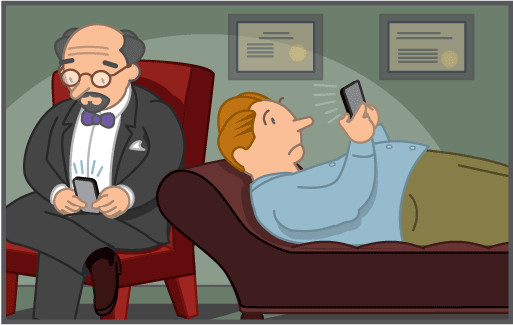

The Antidepressant Spa
Practices once restricted to luxury spas are now used to treat depression. Massage, yoga, mindfulness meditation, warm baths, and rhythmic breathing are just a few. Sudarshan Kriya is a breathing practice used in yoga that can enhance the growth of brain cells and improve depression even when antidepressants haven’t worked.
Air Ionization
These devices purify the air by creating negative air ions. Through an accidental discovery we learned that they treat depression. The fresh scent they give off is reminiscent of waterfalls, rain forests, and ocean breezes.

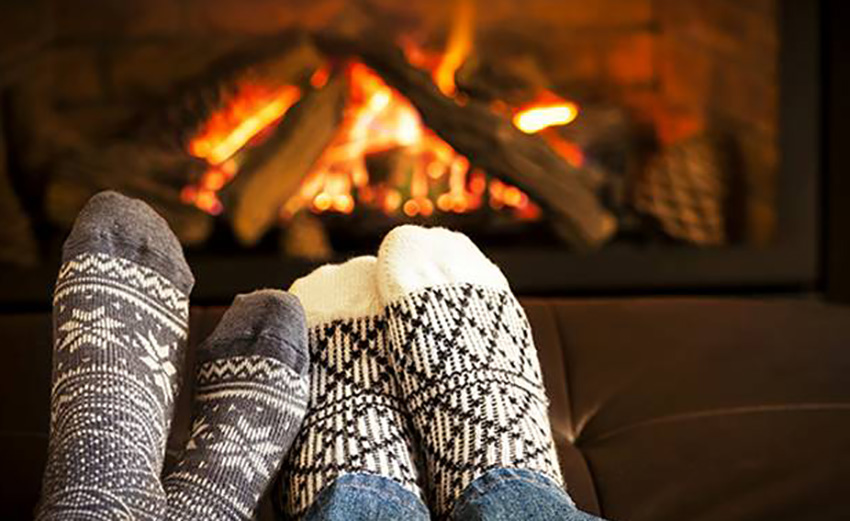
Evening wind-down
Restful activity before bed deepens sleep. Meditative music, aromatherapy (try lavender or rosemary), dim lights, and a warm bath. Too much electronic-blue light in the evening disrupts sleep and worsens mood, and special glasses that filter it out have significant benefits for sleep and bipolar disorder.
CBT for Insomnia
Still having trouble sleeping? CBT-i is a sleep therapy that has stronger biological effects than sleep meds. It realigns the brain’s sleep drive, circadian rhythms, and reduces inflammation. It also treated depression in over a dozen clinical trials. CBT-i is best done with the guidance of a therapist, but this brief guide and free app to get you started.
